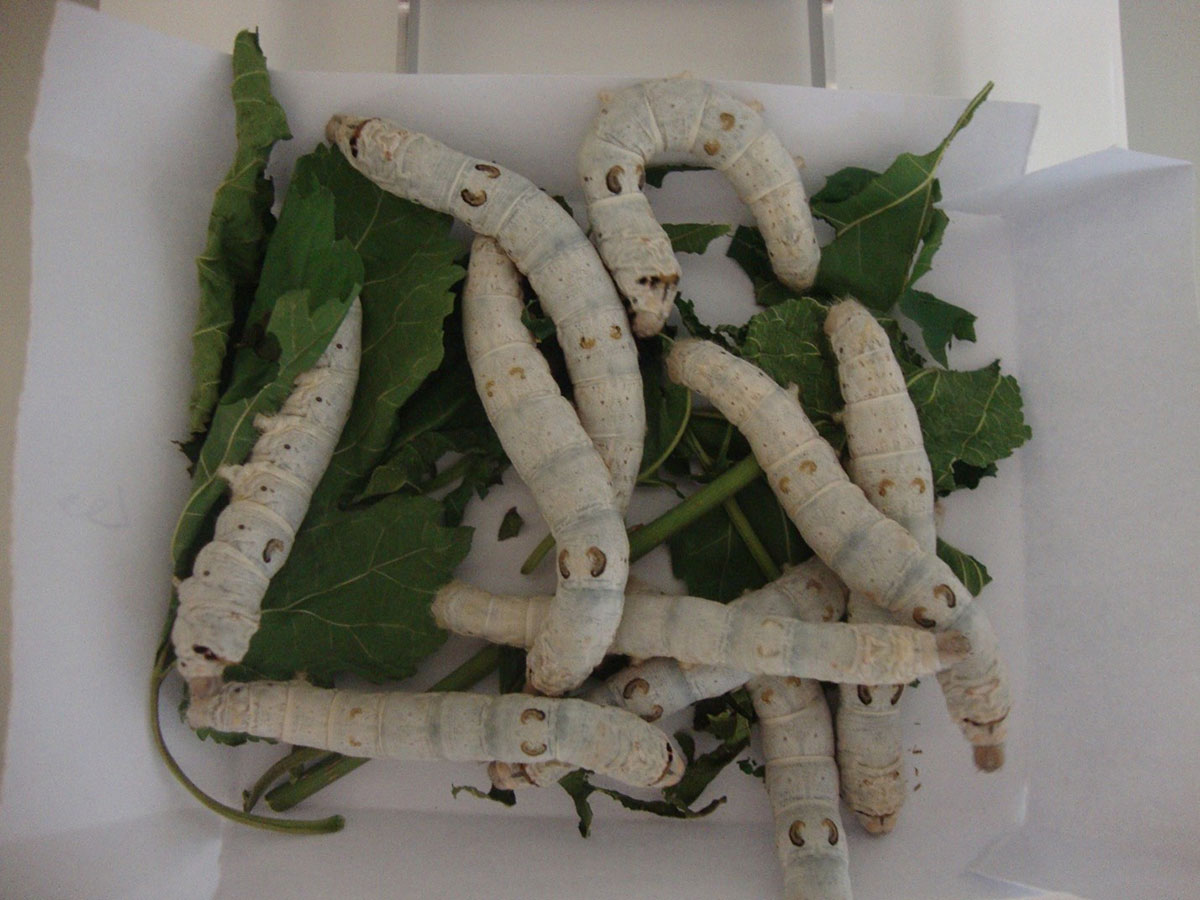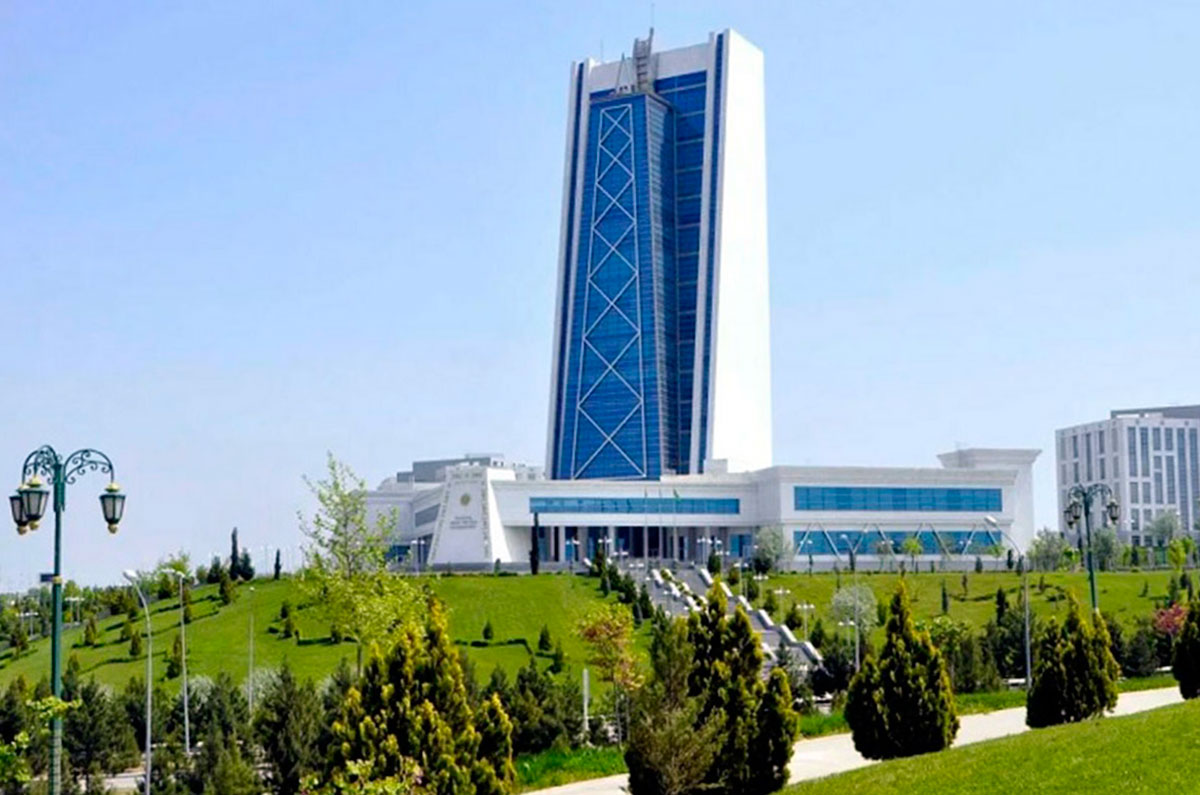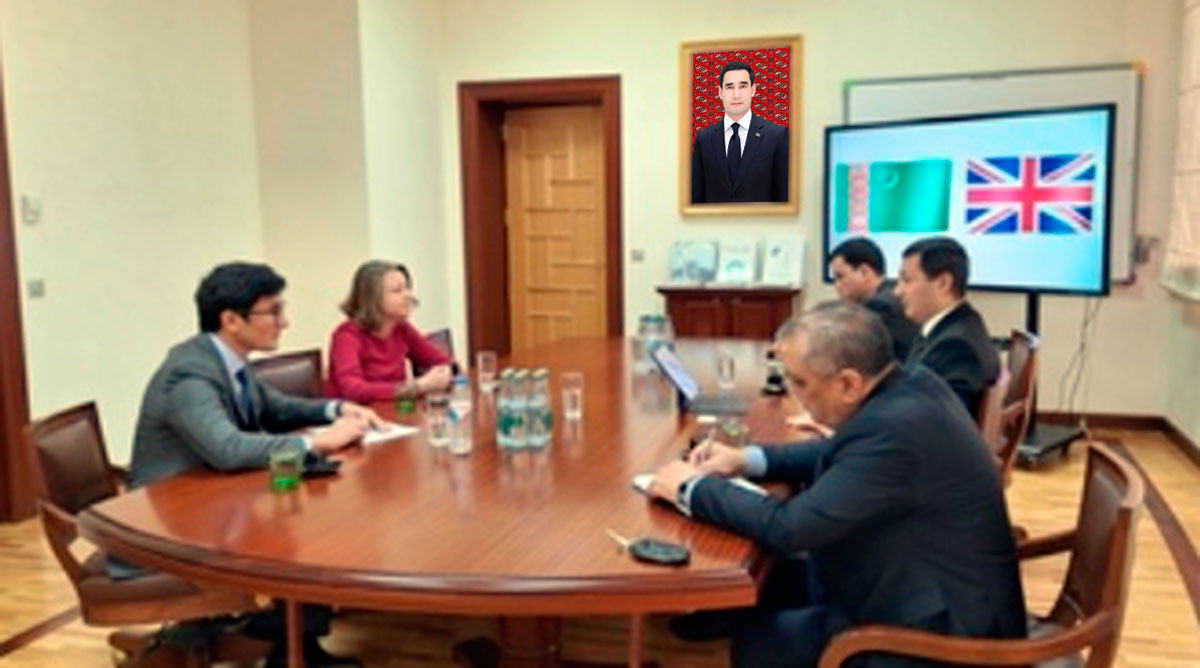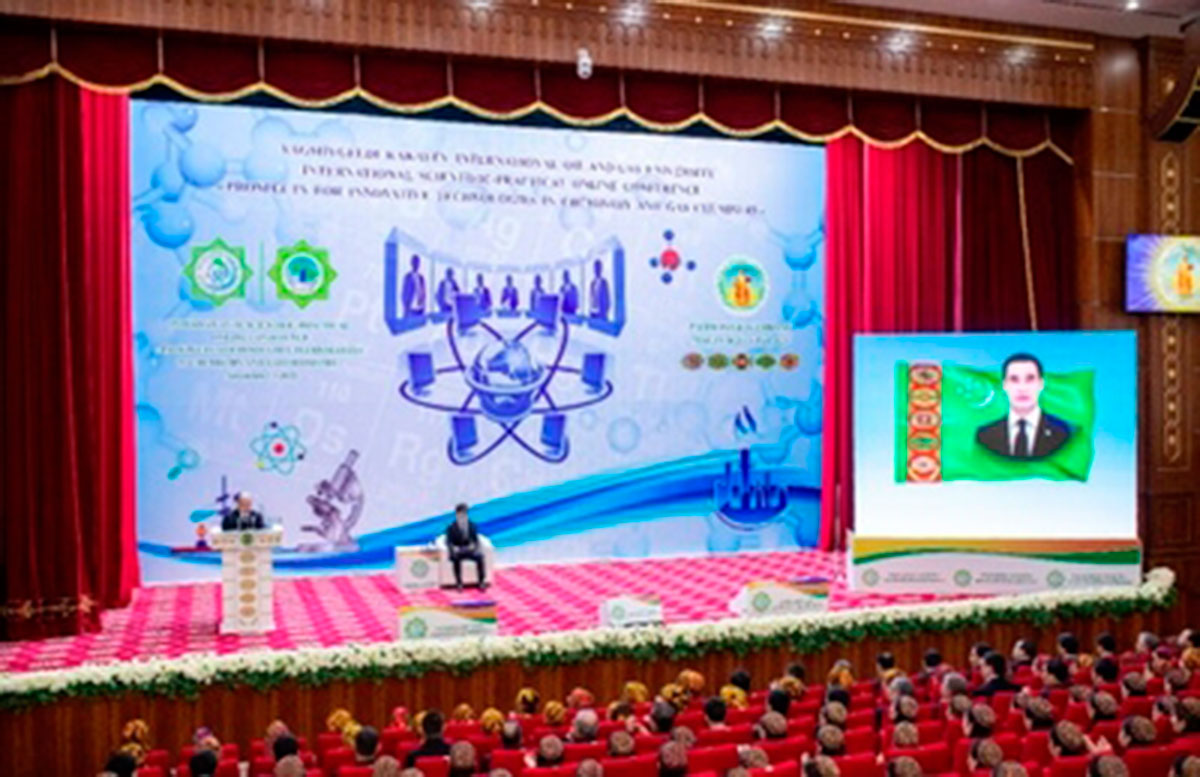Domestic silk growers successfully fulfilled contractual obligations for the production of more than 2,300 tons of cocoons. It was reported at the meeting of the Cabinet of Ministers of Turkmenistan on June 2. Having cordially congratulated the participants of the meeting and the entire Turkmen people on this labor achievement, President Serdar Berdimuhamedov noted that much is being done in our country for the development of sericulture, and great attention will be paid to this industry in the future.

Scientists of Turkmenistan contribute to the development of scientific foundations and increasing the efficiency of the traditional industry, which provides valuable raw materials to the textile industry. Thus, scientists of the laboratory of “Environmental Protection Technologies” of the Technology Center of the Academy of Sciences of Turkmenistan have successfully tested the use of a biotechnology product – biomass of unicellular algae (suspension - Hlorella vulgaris) for feeding silkworms. Healthy silkworms and large cocoons were obtained, due to the feeding silkworms with Hlorella vulgaris suspension in the laboratory. In the course of scientific research, experiments were conducted only on the 5th (last) age of silkworms.
The results of scientific studies, conducted under such conditions, have shown that the resistance of silkworms to diseases increases, their mass increases rapidly and becomes 20% more than that of silkworms feeding on ordinary mulberry leaves, and the mass of pure silk cocoons (cleaned of worms) increases by 13%. Currently, scientists of the Laboratory of "Environmental Protection Technologies" of the Technology Center of AST are intensively engaged in research activities to improve biotechnologies in this area to achieve high results at low costs.








